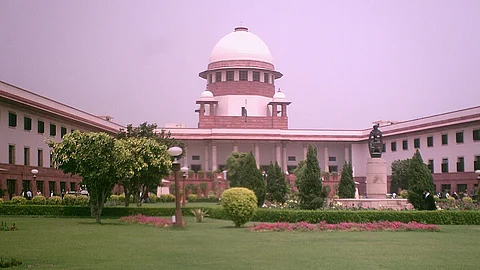In response, Ms. Dave argued that the PIL had become irrelevant since the issues raised were already addressed through the regulations introduced in 2019 and amended in 2024. However, the Supreme Court granted Parikh four weeks to submit his objections for consideration.
In India, clinical trials are regulated by various rules that require approval from the Drugs Controller General of India (DCGI). The 2024 amendments were intended to improve the framework established in 2019, focusing on safeguarding the rights of participants.
The court reiterated that clinical trials conducted within the country should prioritize the welfare of its citizens rather than cater solely to the interests of multinational corporations. In 2013, the court criticized the central government for its inadequate regulations, which failed to sufficiently protect the rights of trial participants. This critique led to the introduction of revised rules.
The PIL alleged that pharmaceutical companies had conducted widespread clinical trials across the country, exploiting Indian citizens without proper oversight or compensation. It called for stricter regulations to ensure that participants' rights and safety were adequately protected.
(Input from various sources)
(Rehash/Sai Sindhuja K/MSM)


